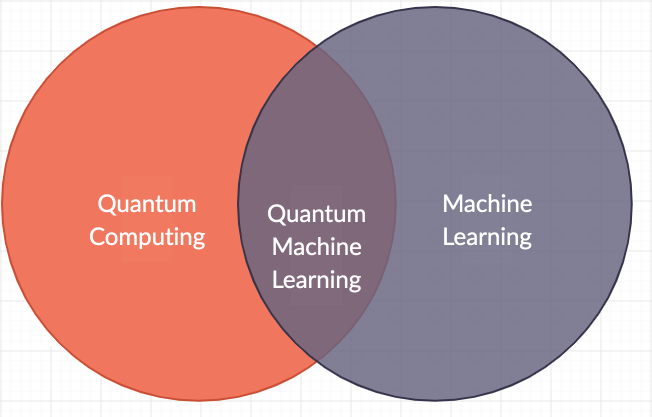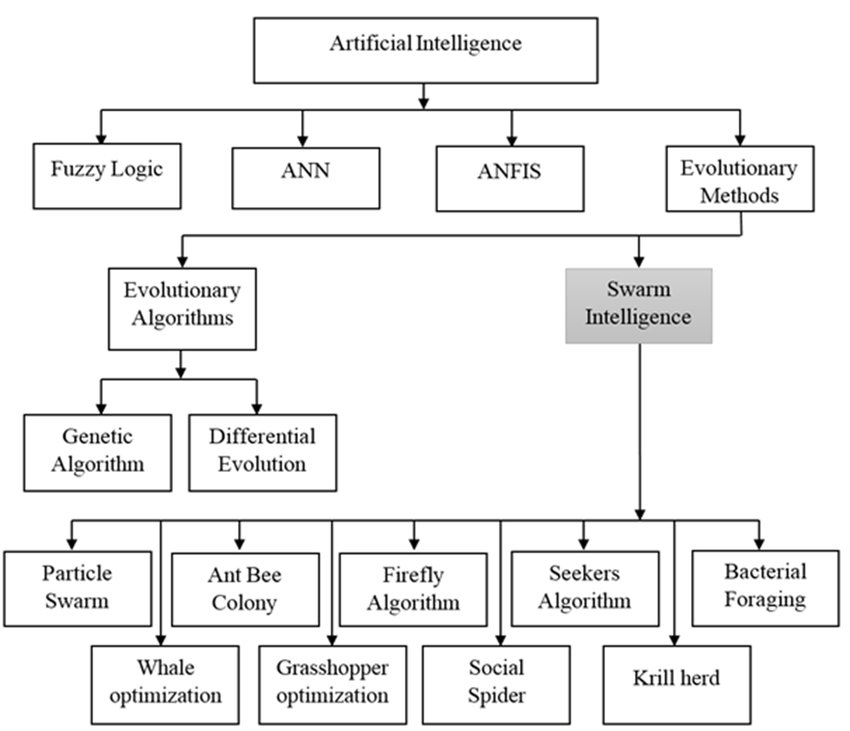Introduction:
In the realm of technology, two fields stand at the forefront of innovation: Quantum Computing and Artificial Intelligence (AI). Individually groundbreaking, their convergence holds immense promise for revolutionizing the way we approach complex computational problems. This article explores the quantum advantage in enhancing AI, delving into how quantum computers offer unprecedented capabilities to accelerate AI algorithms and drive transformative advancements.
Understanding Quantum Computing:
Quantum Computing harnesses the principles of quantum mechanics to perform computations that surpass the capabilities of classical computers. At the heart of quantum computing are qubits, which unlike classical bits, can exist in multiple states simultaneously thanks to superposition and entanglement. This inherent parallelism enables quantum computers to solve complex problems exponentially faster than their classical counterparts.
The Intersection with Artificial Intelligence:
Artificial Intelligence, encompassing machine learning, neural networks, and deep learning, strives to create intelligent systems capable of learning, reasoning, and making decisions. AI algorithms power a myriad of applications, from natural language processing and image recognition to autonomous vehicles and medical diagnostics. However, as AI models grow in complexity and scale, the demand for more powerful computing resources intensifies.

The Quantum Advantage in Enhancing AI:
1. Speeding Up AI Training and Inference:
Quantum computers excel at handling large datasets and performing complex optimization tasks in parallel. This capability accelerates AI model training and inference processes, significantly reducing the time required to develop and deploy sophisticated AI systems. Tasks that traditionally took weeks or months to complete on classical hardware can be accomplished in a fraction of the time with quantum computing, unlocking new possibilities for AI innovation.
2. Optimizing AI Algorithms:
Quantum algorithms offer novel approaches to optimizing AI algorithms, leveraging quantum principles to explore vast solution spaces and identify optimal solutions efficiently. Quantum-inspired optimization techniques, such as Quantum Annealing and Variationally Quantum Eigen solver, provide powerful tools for addressing combinatorial optimization problems inherent in AI tasks like resource allocation, scheduling, and route optimization.

3. Enhancing Pattern Recognition:
Quantum computing’s computational power enhances AI algorithms’ ability to recognize complex patterns and correlations within datasets. Quantum machine learning techniques leverage quantum states to perform parallel computations, enabling more accurate predictions and insights in tasks such as image and speech recognition, natural language processing, and anomaly detection.
4. Enabling Quantum Neural Networks:
Quantum Neural Networks (QNNs) represent a fusion of quantum computing and neural network architectures, offering potential breakthroughs in AI research. QNNs leverage quantum principles to enhance learning and inference processes, paving the way for new paradigms in pattern recognition, optimization, and generative modeling.
Challenges and Considerations:
While the quantum advantage in enhancing AI is undeniable, several challenges must be addressed to realize its full potential:
1. Hardware Constraints:
Current quantum hardware faces limitations such as qubit coherence times, gate fidelity, and error rates, posing challenges to scalability and reliability for AI applications.
2. Algorithmic Development:
Developing robust quantum machine learning algorithms requires interdisciplinary expertise and innovative approaches to bridge the gap between quantum mechanics and machine learning principles.
3. Ethical and Societal Implications:
As quantum-powered AI technologies advance, ethical considerations surrounding privacy, bias, and transparency become increasingly pertinent, necessitating responsible development practices and regulatory frameworks.
Conclusion:
The intersection of Quantum Computing and Artificial Intelligence holds immense promise for advancing technology and driving innovation across industries. By harnessing the quantum advantage, researchers and practitioners can unlock new frontiers in AI, pushing the boundaries of what’s possible and shaping a future where intelligent systems empower humanity to tackle the most pressing challenges of our time. As we continue to unravel the quantum advantage in enhancing AI, collaboration, ethical stewardship, and continuous innovation will be essential in realizing its transformative potential for the betterment of society.